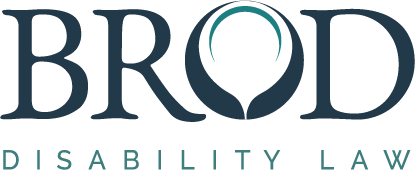You’re older, and you have a few health conditions that have been creeping up over the years — but you always managed to work despite your impairment. The fact that you’ve been with your employer for years made it easier.
Now, however, the company has financial problems and you’ve been laid off. Or, you can’t do the work anymore and you’ve been fired. At first, applying for unemployment seems to make sense. You can’t find work, and you need some kind of money coming in to pay your bills. If your former boss isn’t going to fight your unemployment claim, you may consider that an act of kindness.
You may need to think twice, however, if you intend to file for Social Security Disability (SSDI) benefits, as well.
Unemployment and SSDI benefits have opposing requirements
Someone who works for the Social Security Administration (SSA) will review your SSDI benefits application. They will look at your financial circumstances, your medical documentation and any other pertinent details. If someone from the SSA notices that you receive unemployment, that might immediately preclude you from getting your benefits.
Why would that matter? Well, to claim SSDI benefits, you must attest that you have a disability so severe that you cannot work. To receive unemployment, however, you have to state that you are actively looking for employment. The contradiction between those two requirements can mean that receiving unemployment when you apply for SSDI can put you in a very vulnerable position.
It’s often wise to get help with your Social Security Disability claim
Knowing how the disability programs controlled by Social Security operate can help you avoid making mistakes that can damage your claim for benefits. If you’re struggling to get the SSDI benefits you need, it may be time to speak with an experienced advocate.
